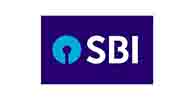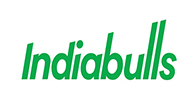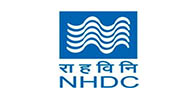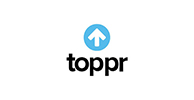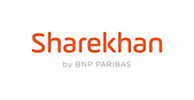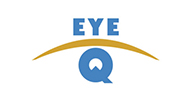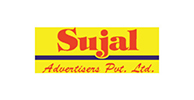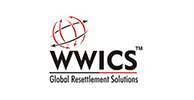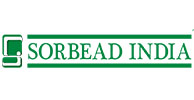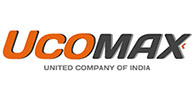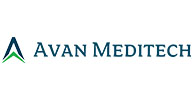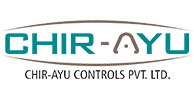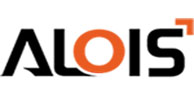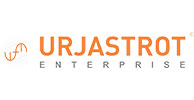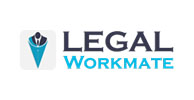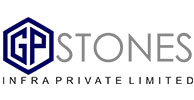WEB DESIGN SECURITY
There are some simple ways to tackle any task to keep your website safe from the bad global hackers in the world. Once down the rabbit hole of website vulnerabilities you will be faced with complex concepts and convoluted solutions. Still, there are simple best practices to follow for improving your website's security. Here are few essential things that you can do to safeguard your website right now.
ENFORCE A STRONG PASSWORD POLICY
Most important thing is to use strong passwords. Hackers frequently use sophisticated software that use brute force to crack passwords. To protect against brute force, passwords should be difficult, containing uppercase letters, lowercase letters, numerals, and special characters. It is best for passwords to be at least 10 characters long. This password policy should be maintained throughout your industry.
ENCRYPT YOUR LOGIN PAGES
Use Secure Sockets Layer (SSL) encryption on your login pages. SSL authorize sensitive information such as social security numbers, credit card numbers, and login credentials to be transmitted securely. It's meaningless to any third party who might intercept Information entered on a page which is encrypted. This helps to prevent hackers from accessing your login credentials or other private data.
KEEP YOUR WEBSITE CLEAN
Every database, application, or plugin on your website is next possible point of entry for hackers. Delete all files, databases, or applications from the websites that are no longer in use. It’s also important to keep your file structured organized to keep track of changes and make it easier to delete old files.
BACKUP YOUR DATA
Back up your site regularly. Please maintain backups of all of your website files if in case you won't be able to access your file your data will be lost, Your web host provider should backups of their own servers, but you should still backup your files regularly. Some content management programs have plugins or extensions that can automatically back up your site and you should also be able to back up databases and content manually.
HIRE A SECURITY EXPERT
Building a relationship with a company that provides security services can be a lifesaver when it comes to protecting your website. Small things can be taken care of on your own, there are many security measures that should be handled by professionals. Industries providing security services can usually check out your website for vulnerabilities, execute complete website security audits, monitor for malicious activity, and be on hand whenever discrepancy is needed. You and your team must always be attentive in protecting your website, and these practical advises represent only the most basic methods. Never stop looking security protections for your website.
- Risks Include
Aim of an attacker is to steal and exploit important data, such as customer credit-card information or credentials, which would be used to misuse the personal's identity online for any reason. - Distributed Denial of Service (DDoS)
Sends lots of traffic or requests that overwhelm the system and take it offline and could also affect other websites on the same server. - Inside attacks
When someone, usually from within the organization, purposely misuses their credentials to gain access to confidential company information. Former employees, in particular, so your business should have a rule in place to revoke all access to company data immediately upon an employee's termination. - Malware
Designed to affect and harm a system. It is a common term covering anything from viruses to advertising software. It can pressure the user into a network of other hacked devices controlled remotely by the hacker. These networks are often used for Distributed Denial of Service attacks. - Injection
Include exploiting the site to deform or gain access to data. This could be a targeted attack to diminish your clients’ belief in your business, or may be something politically motivated to further someone else’s message. - Spam
Sometimes with phishing scams and sometimes with advertising, sends out email. Messages are regularly sent out repeatedly and in bulk, and it could be to any email address including those connected with your website or hosting. Your server can be boycott because of spamming, intercepting you from sending legitimate emails. - Phishing
Use the trust of a user to get login details, personal details or financial information. This can be used to obtain access to email inboxes or other password secured areas. - Interception
Data may be containing credit card numbers or addresses is a possibility on insecure sites. The data is used by culprit to sell on, make purchases and all sorts of other criminal activities.
Any of these types of attacks are bad for business. Your website could go down completely or your customers could become bushed or annoyed at unsavoury emails or advertising emails not related to your brand. In utmost cases personal details of your clients or commercially critical data could be stolen. Your website could also have a fall in traffic and rank due to search engine algorithms no longer classing your site as trustworthy.
If you follow and take care of the points mentioned above in the paragraph then you will be able to secure your website, always taking care of some small prospects can make your websites secure

